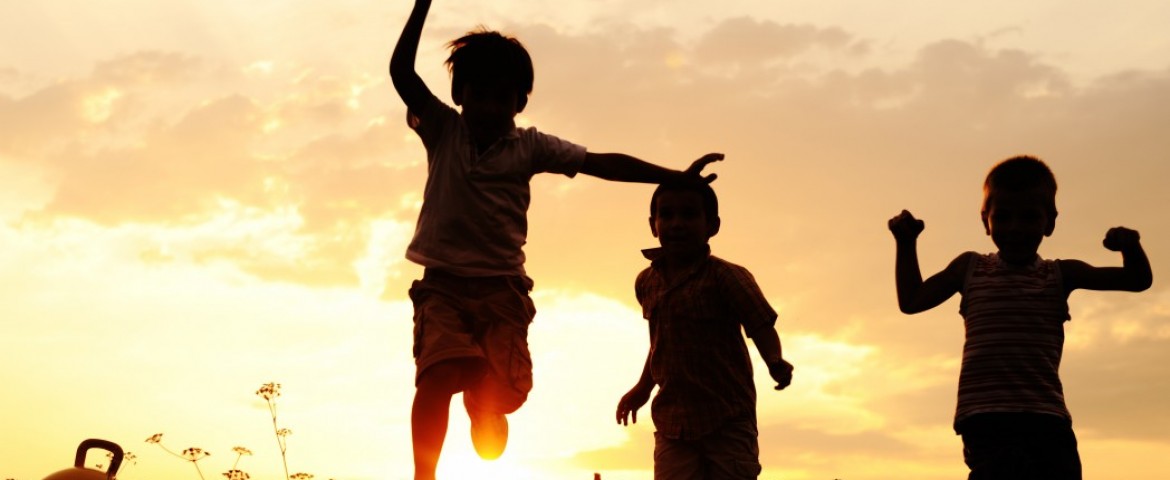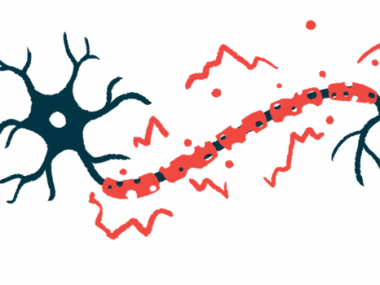FA Progression and Childhood Spies
Written by |

In my memory, we were always lithe and sure-footed. Two shadowy cat burglars, but with no inclination to steal. So, not burglars; we were spies. Spies!
My aunt and uncle and their kids arrived at my house one Saturday. Our families got together almost every weekend since our parents were best friends. My girl cousin would run to one of my younger sisters’ rooms. They would close the door and get lost in the world of Barbies and Beanie Babies — a world I never understood. But when my older cousin Nick would show up, he’d ask me what I wanted to do, though when he was around I always wanted to do the same thing. “Let’s spy on the grown-ups!”
We didn’t have a goal for our spy missions. Every time our parents met, we would hide behind sofas or behind walls or around the house, to be among them undetected. (Although, come on, I’m sure they knew we were there.) Unfortunately, we never discovered any new information from spying on our parents, not even any curse words or dirty jokes. But it didn’t matter. We were on a great adventure. And our adventures mattered, at least to us.
I remember one time tromping around my backyard, to peek at the adults through the holes in the wooden fence as they sat and talked. We tried our hardest to be sneaky, but we were just awkward kids; less James Bond and more Mr. Bean.
Man, he is tall, I remember thinking, as Nick crouched down to peer through a large gap in the fence. His lanky 10-year-old frame towered over me, a below-average-height 8-year-old.
We were successful in remaining unnoticed, until …
“Nick!” I tried to whisper, but couldn’t prevent squealing in childish delight. “Look!”
I pointed next to him at a large, bright green lizard with a starkly red throat. Nick was not as impressed as I was by the lizard. (Between ages 10 and 8, a vast evolution in maturity apparently occurs. Pointing out lizards is not cool anymore.) Nick was doubly annoyed at me when my gasp was heard by the adults, who noticed us now. We were forced to abort our mission.
Shortly after the lizard-spotting, we stopped our spy missions. We gravitated more toward playing Nintendo when we were together. A few years later, Nick left for college. After that, I did, too. Ten years passed and we hadn’t communicated at all.
Those 10 years were major ones in my FA progression. I transferred from walking to depending on a wheelchair to get around. My ability to speak slowed and my speech itself slurred. I generally became more unbalanced, more handicapped.
I was excited when my aunt invited my family to go over for a visit yesterday; I had complicated feelings when she said her children, my cousins, would be there. My old buddy Nick and I would meet again after a decade.
I was very eager, but also … I was embarrassed.
I feel foolish for admitting that. I know that FA or any medical condition should never be a source of shame. This entire column tries to echo the truth I’ve come to understand — that enduring whatever hardships people face makes them heroes.
But there it was. I wanted my older cousin to think highly of me, and I didn’t feel very impressive.
For all of my fretting, I didn’t expect how normal our meeting would be.
Our families caught up, we laughed and shared stories. I got to talk to Nick, his younger sister, and his older brother, and I even got to meet Nick’s wife and daughter. His brother’s son brought a friend with him, both about 11. As they were running around, I wondered if they were spying on the grown-ups. If so, Nick and I could probably give them some pointers.
I realized that my progression is easy for me to focus on. But in a group setting, among people who love and care about me, what seemed impossible — having a laid-back conversation with ease after so many years apart — suddenly seems possible. I tend to focus on the side effects of FA, but in 10 years, everyone faces some progression. We call it aging. And it’s normal.
What matters is who we are, regardless of physical progression. Nick and his family reminded me of that, and I made a mental note to stay in touch with him, regardless of how often our families get together.
Rain began to pour down as we sat under the awning. We hurried to go inside the house, hearing promises of coffee. Before I entered, a flicker of green caught my eye. A lizard skittered across the screen porch. I felt a childish rush of glee and wanted to shout, “Look! A lizard!”
I didn’t, though.
I simply grinned and wheeled myself inside.
***
Friedreich’s Ataxia News is strictly a news and information website about the disease. It does not provide medical advice, diagnosis or treatment. This content is not intended to be a substitute for professional medical advice, diagnosis, or treatment. Always seek the advice of your physician or another qualified health provider with any questions you may have regarding a medical condition. Never disregard professional medical advice or delay in seeking it because of something you have read on this website.






Kelly Barendt
You're such a talented writer! Great article :)
Matt Lafleur
That really makes my day. Thanks for the comment!